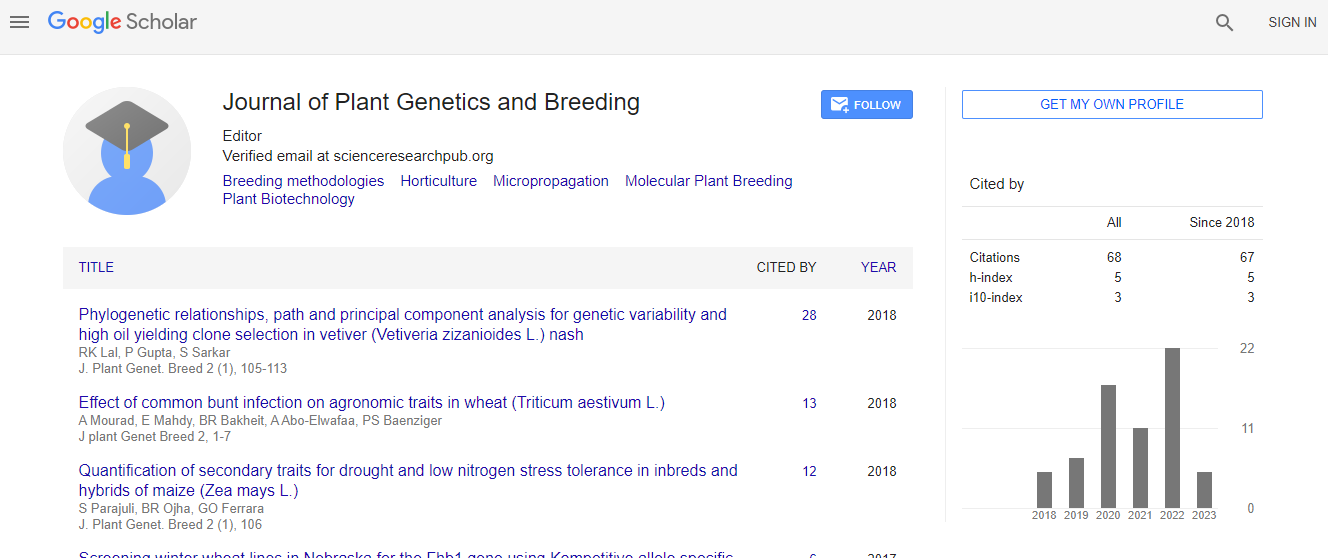From Arabidopsis to crops: a molecular tool to increase protein content and broad disease resistance
*Corresponding Author:
Copyright: © 2020 . This is an open-access article distributed under the terms of the Creative Commons Attribution License, which permits unrestricted use, distribution, and reproduction in any medium, provided the original author and source are credited.
Abstract
Crop plants must integrate signals from the environment and prioritize responses to stresses that may occur individually or simultaneously throughout the growing season. Stress responses can adversely affect plant growth and quality traits such as protein and starch. The ability to optimize protein productivity of plant-based foods has a far-ranging impact on world health and sustainability. Plant diseases each year cause major losses to crop production. The Arabidopsis thaliana QQS (Qua Quine Starch) orphan gene modulates carbon allocation to protein and starch. Ectopic QQS expression increases protein content2 in leaf and seed in soybean, in corn and rice. QQS transcript levels are altered in plants under stresses and in mutants of genes involved in all sorts of stress responses, indicating that QQS may integrate primary metabolism with environmental perturbations, thus adjusting the plant’s adaption to abiotic and biotic stresses. The QQS protein binds to a transcriptional regulator in Arabidopsis and its homologs in crops: Nuclear Factor Y subunit C4 (NF-YC4). NF-YC4 overexpression mimics QQS-overexpression phenotype.

 Spanish
Spanish  Chinese
Chinese  Russian
Russian  German
German  French
French  Japanese
Japanese  Portuguese
Portuguese  Hindi
Hindi 